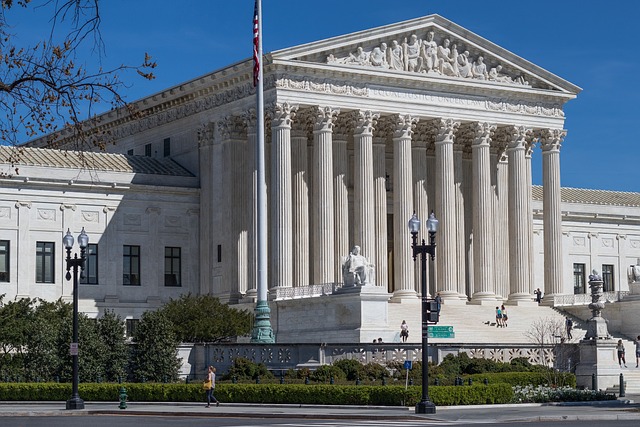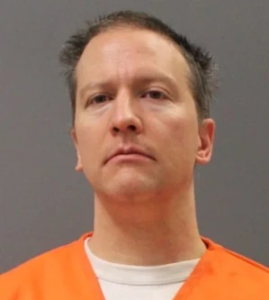
The Supreme Court has made a ruling that businesses can refuse to serve same-sex couples if it goes against the owners’ religious beliefs. This decision is significant because the court has been expanding LGBTQ rights in recent years, but now it is making exceptions.
The case involved a web designer named Lorie Smith from Colorado who wanted to create and sell wedding websites but didn’t want to serve same-sex couples. However, Colorado’s civil rights law stated that businesses serving the public cannot discriminate based on sexual orientation. Smith argued that following this law would require her to express views that she doesn’t agree with.
The conservative-majority Supreme Court ruled 6-3 in favor of Smith, citing her First Amendment right to refuse to design custom wedding websites for same-sex couples. Justice Neil Gorsuch, who wrote the majority opinion, stated that the First Amendment protects individuals’ freedom of thought and speech, and Colorado cannot violate that promise.
The court’s decision could limit the government’s ability to protect against discrimination, according to legal expert Linda McClain. However, Justice Sonia Sotomayor dissented and expressed her concerns. She believed that the ruling would lead to second-class status for gays and lesbians and could potentially exclude other groups from services. Sotomayor warned that the decision’s logic might extend beyond sexual orientation or gender identity.
This case is similar to a previous one in 2018, where a baker refused to make a cake for a same-sex wedding. The court had hinted that business owners with religious objections to same-sex marriage would likely prevail, and this recent ruling aligns with that indication.




